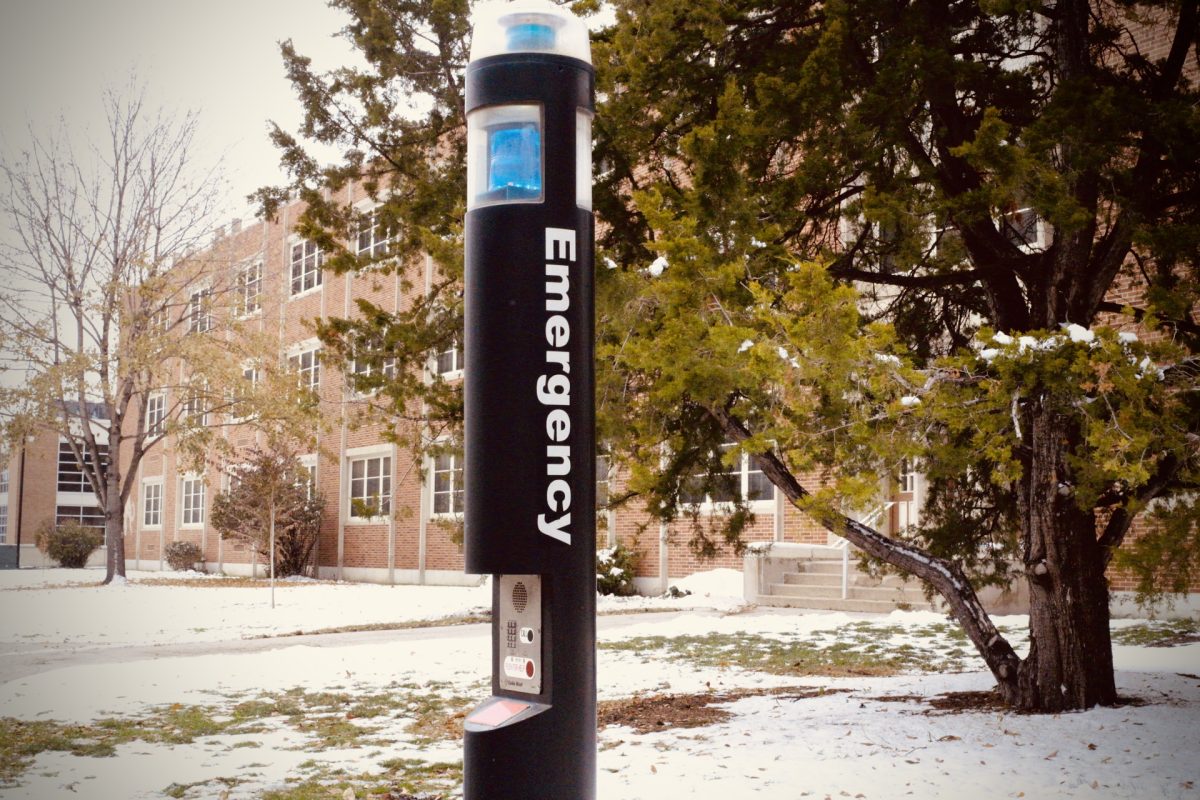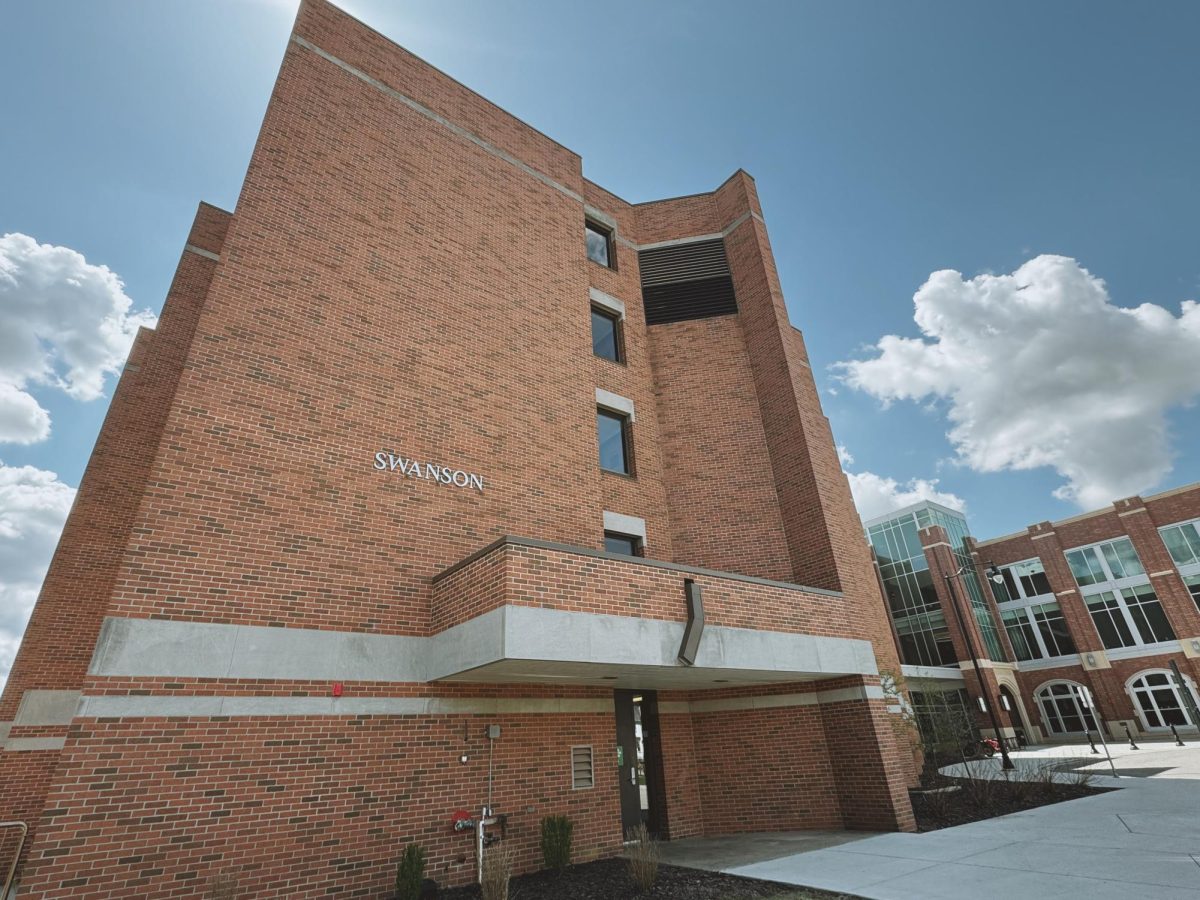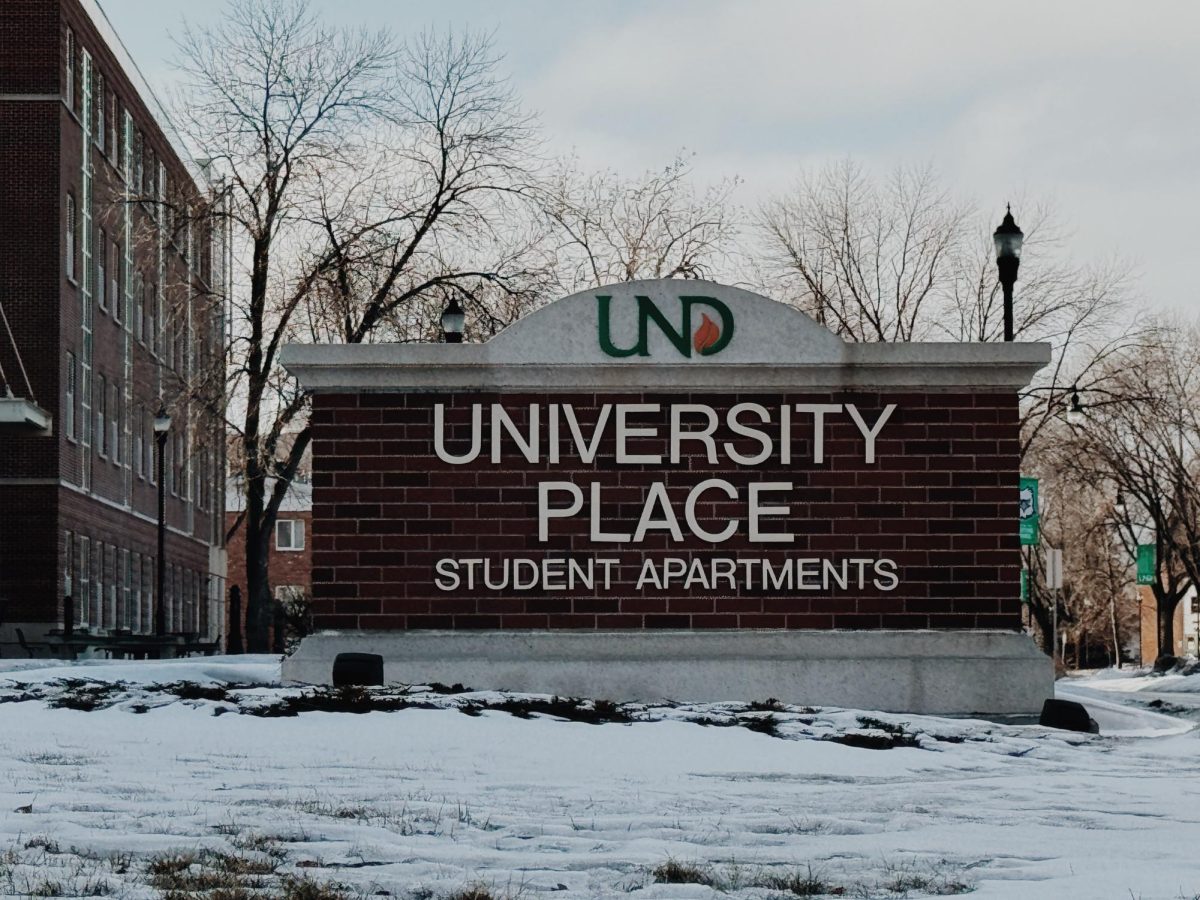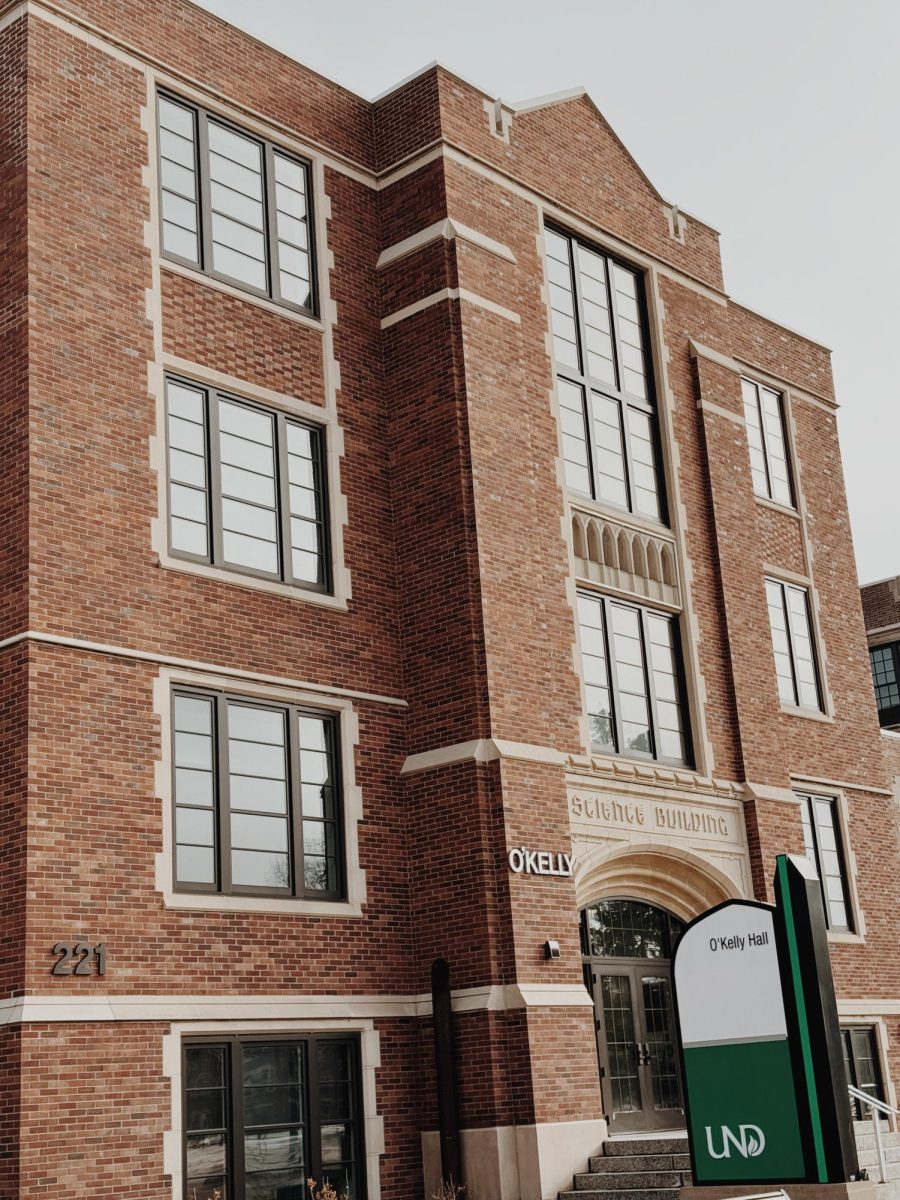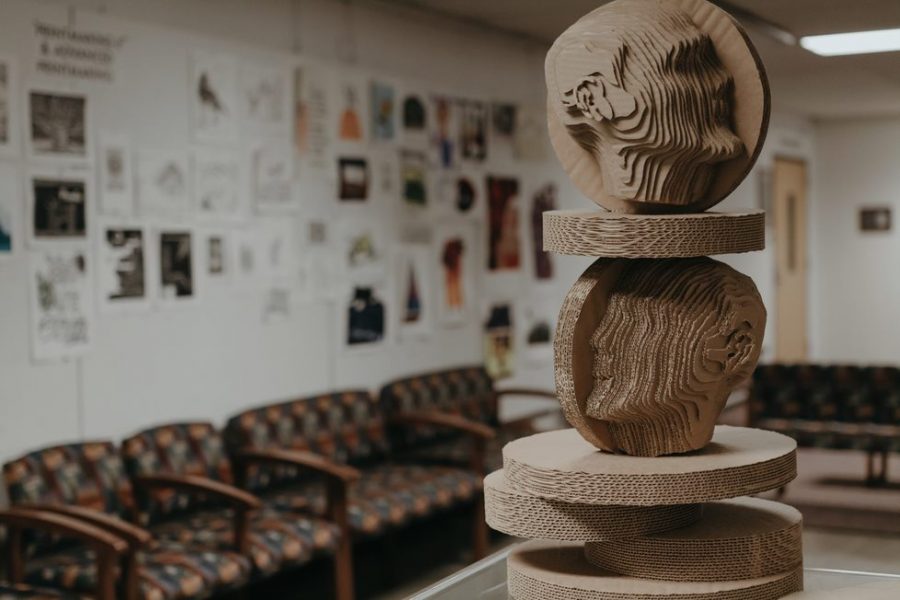College campuses mean a place for new opportunities, endeavors, and possibilities, which also means a newfound independence and freedom for many. However, with this change in lifestyle, safety precautions are more important than ever. There are a lot of different things to consider when it comes to avoiding danger on college campuses, and here are a few of the things to keep in mind this year at the University of North Dakota.
One thing that comes to mind for many when considering staying safe on campus is taking precautions when at parties. While UND is considered a dry campus, this does not mean that students will not find themselves involved in alcohol use. Approximately one in every thirteen college students will report that, over their time on campus, they have had their alcoholic beverages drugged, or they have suspected that their beverages have been drugged.
It is important to note that if a student is drugged, this does not deem them irresponsible. However, there are some precautions that may help college students to avoid the chance of being drugged. Staying around people you trust, drinking out of closed-lid cups, and not accepting drinks from strangers are three of the most foolproof ways to protect yourself from having your drink tampered with. However, if you do find yourself in the situation where you have been drugged, or where you suspect someone else has been drugged, seek medical help immediately. Having a sober friend in mind whenever you find yourself drinking is a protective measure in case you are ever in need of a ride to a medical facility.
Something else for students to consider on campus is safety when outside. Especially for college-age women, walking alone on campus can be fearful. University Police recognize this threat to safety and therefore offer campus escort services. Downloading the SafeCampus app will give you access to these escort services, as well as several different resources that you might need if you are finding yourself in a threatening or dangerous situation. The Mobile Blue Light is one example of a campus resource that is implemented to uphold student safety. The Blue Light feature on the SafeCampus app allows campus police to track your location on your walk home. When walking on campus, you might notice blue light emergency phone stations, which are often overlooked by many. However, these phone stands are extremely useful for students who need assistance but are lacking access to their smartphone.
Sexual violence on campuses is also an extreme safety concern. The Rape, Abuse, and Incest National Network Organization reports that over 26% of women and 6% of men in undergraduate programs report facing sexual violence of some kind. While it is a painful statistic to hear, it is something that cannot be ignored. UND recognizes this safety concern and offers confidential support for students who may have faced abuse or violence of some sort. Even if you are unsure if your situation or incident is considered sexual violence, talking to a trusted campus advisor is highly recommended.
When a student gets in contact with a Confidential Campus Advisor, that student can decide whether they want to report the incident or not. The campus advisor cannot force a student to report their situation if the student does not consent to it. If a student does choose to report an incident, that advisor will assist them throughout the investigation process. If the student chooses not to report an incident, that advisor will still assist them in receiving help and accommodations as needed.
To get in contact with a Confidential Campus Advisor, students are asked to contact Lindsay at the CVIC at 701-317-1860. However, if a student is in need of immediate assistance, they are asked to call 911.
Students also have access to trained professionals who can help in the case of sexual violence. Title IX Coordinators on campus are trained to take action against forms of sexual harassment. The Office of Student Rights and Responsibilities is trained to “coordinate referrals and services for students in crisis or in need,” as said on the University’s website. Both of these resources are extremely helpful for students, but it is also important to recognize that these are non-confidential resources. That means that if a student reports an incident to either of these resources, their incident may be required by law to be reported, even if a student does not consent to their incident being reported. This is something to keep in mind if you are seeking help after a situation.
Campuses are meant to be a place to encourage academic growth and social connections. Taking safety precautions, knowing your available resources, and spreading awareness about campus safety are three of the most valuable ways to keep campus feeling like the comfortable, safe space it deserves to be.
Ava Stockstad is a Dakota Student General Reporter. She can be reached at [email protected].


